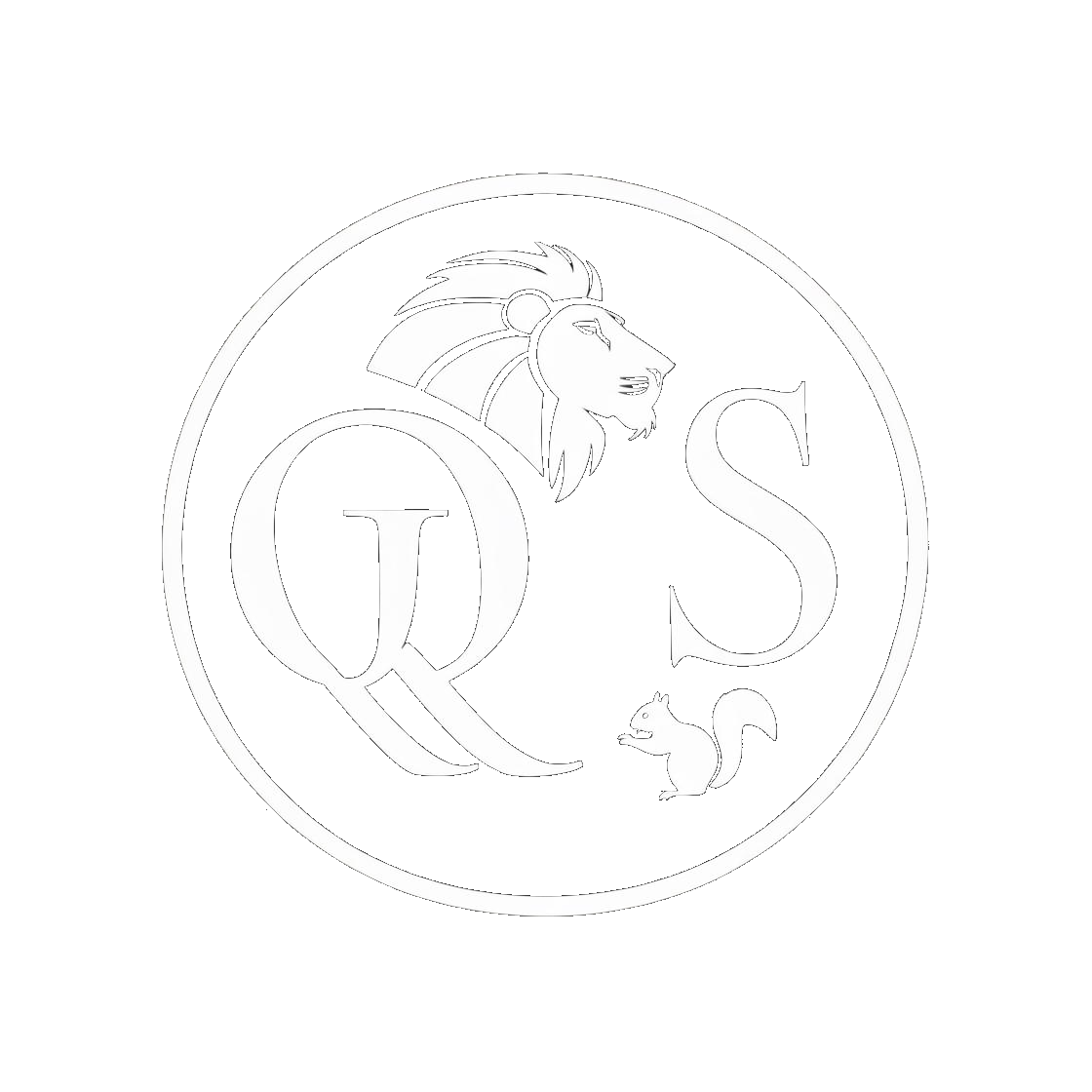Where Do You Draw the Line?
Business is interesting, to say the least. There are so many difficult decisions you have to make when balancing growth and revenue with ethics and morals. It’s easy to say you’re doing the right thing, but when push comes to shove, when money is on the line, it’s much harder to actually do the right thing. Even harder is knowing what the right thing is.
I remember one late night, sitting around with friends, talking about card games and collectability. The conversation turned to how game designers sometimes borrow mechanics from gambling to make their products more compelling, addictive, and ultimately, more profitable. That’s where the question came up: is that ethical?
One argument I heard a lot over the years was, “It’s not the designer’s responsibility to police how the audience spends their money.” People would say, “You can’t tell them, ‘Hey, you’re addicted, stop buying cards.’” But I don’t agree with that.
If it truly wasn’t our responsibility, then why do casinos have to say “Please play responsibly”? Why are there national ads about gambling addiction? It’s because, at some point, people in those industries realized the harm and were forced to acknowledge it.
As a creator, especially in an industry where these issues are baked into the model, you have to know where your line is. It’s one thing to create something fun and engaging. It’s another to engineer addiction into it.
It’s like cooking. There’s a difference between making delicious food and loading it up with hidden sugar and salt to keep people coming back. That crosses an ethical line. If you know you’re doing harm, if you're not bringing your customers the best value but rather maximizing your return by exploiting their behavior, can you really feel good about what you're doing?
I’ve always believed ethics in product design isn’t black and white. Everyone has to decide where they stand. But what matters most is that we’re willing to question it. We have to be open to tough conversations, even if they make us uncomfortable.
One conversation that stayed with me was about the artwork in Genesis. A player brought up how some of the female characters were too revealing or positioned in ways they felt were inappropriate. At first, I didn’t agree with their interpretation. But the point that stuck with me wasn’t about who was right or wrong. It was this: we were having the conversation. That matters.
The same applies to business development. Are your revenue streams built on genuine value, mutual respect, and long-term success? Or are they built on manipulation, short-term gains, and tactics that leave people worse off?
These are hard questions, especially in industries like gaming, television, music—any field that depends on repeat engagement. The better we get at making products addictive, the more risk we create for the next generation.
I don’t have all the answers. But I know this: I’d rather ask the hard questions than ignore the harm.
Lesson Learned
The most ethical people aren’t perfect. They’re just the ones still willing to ask the hard questions. As a founder, creator, and business leader, I’ve learned that real growth means checking yourself, even when it costs you something. That’s not weakness—it’s strength.
